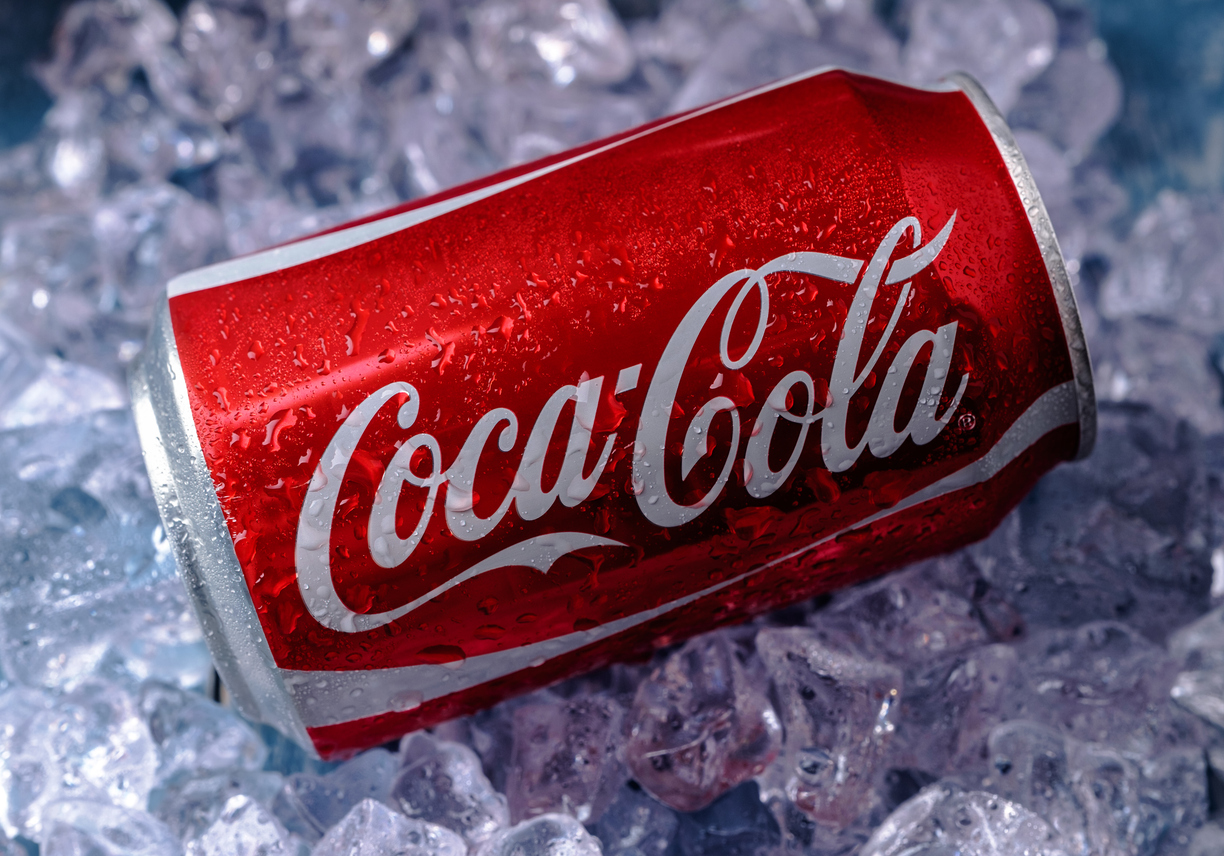The Coca-Cola Company (KO), headquartered in Atlanta, Georgia, is a cornerstone of the global beverage industry. With a market cap of $269.4 billion, Coca-Cola stands tall as a mega-cap stock, a category reserved for companies of exceptional size, stability, and market influence. Renowned for its expansive portfolio of non-alcoholic beverages—ranging from sodas and energy drinks to teas, coffees, and sports drinks—Coca-Cola remains a formidable competitor to PepsiCo, Inc. (PEP) and a leader in the ever-evolving beverage landscape.
Here's ads banner inside a post
A Diversified Portfolio and Innovative Edge
Coca-Cola’s success lies in its ability to adapt to changing consumer preferences. While its flagship sodas continue to dominate, the company has aggressively expanded into healthier beverage options, including coffee and sports drinks. Leveraging artificial intelligence and advanced technologies, Coca-Cola has strengthened its consumer engagement strategies, further cementing its global presence. Its unparalleled brand equity provides the pricing power needed to maintain stability, even during economic uncertainty and market turbulence.
Stock Performance: The Ups and Downs
Coca-Cola’s stock performance has seen mixed fortunes in recent months. After reaching a 52-week high of $73.53 on September 4, KO has dropped 15%, currently trading 12.1% lower over the past three months. This decline surpasses the Nasdaq Food & Beverage ETF’s (FTXG) 6.6% drop during the same period, signaling a challenging environment for the stock.
Despite these short-term challenges, Coca-Cola has demonstrated resilience over the long term. On a year-to-date (YTD) basis, KO is up 6.1%, outperforming the FTXG, which remains marginally down for the year. Over the past 52 weeks, KO has surged 6.7%, outshining PepsiCo, which saw a 5.8% decline in the same timeframe.
Here's ads banner inside a post
Challenges in the Global Market
Economic pressures have affected Coca-Cola’s performance in key markets. Declining convenience store traffic and weaker consumer demand in Europe have created headwinds, particularly in bottling operations. These challenges have prompted Coca-Cola’s Euro-Pacific partners to lower their sales forecasts, reflecting the strain in specific regional markets.
However, Coca-Cola’s robust third-quarter (Q3) earnings report provided a glimmer of hope. The company posted an adjusted earnings per share (EPS) of $0.77, a 4.1% year-over-year increase, alongside adjusted revenue of $11.9 billion, up marginally from the previous year. This growth underscores Coca-Cola’s ability to deliver steady financial performance despite macroeconomic challenges.
Competitive Landscape
Coca-Cola’s primary rival, PepsiCo, has struggled to keep pace. Over the past 52 weeks, PepsiCo’s stock declined 5.8% and dropped 7.1% on a YTD basis, underperforming not only KO but also the broader market. The contrast highlights Coca-Cola’s relative strength and resilience in an industry fraught with challenges.
Here's ads banner inside a post
Analyst Sentiments and Growth Potential
Analysts remain optimistic about Coca-Cola’s prospects, assigning the stock a consensus rating of “Strong Buy.” Among 21 analysts covering the stock, the mean price target is $74.38, representing a 19% premium to its current price levels. This bullish outlook reflects confidence in Coca-Cola’s ability to navigate market volatility and sustain long-term growth.
Sustainability and Future Outlook
Coca-Cola’s commitment to innovation and sustainability also bolsters its future prospects. The company continues to refine its operations, adopting eco-friendly practices and investing in research to meet evolving consumer preferences. These efforts align with broader market trends, enhancing its appeal to environmentally conscious investors and consumers alike.
Conclusion
Despite facing short-term challenges, Coca-Cola remains a dominant force in the global beverage industry. Its strategic innovations, brand strength, and focus on long-term sustainability position it as a resilient player in a volatile market. As the company continues to adapt to economic pressures and shifting consumer demands, analysts’ confidence in its stock performance suggests a promising trajectory.
For investors seeking stability and growth potential, Coca-Cola offers a compelling case as a mega-cap stock that balances tradition with forward-looking strategies. Whether through its diversified portfolio, technological advancements, or robust market presence, Coca-Cola continues to demonstrate why it remains a leader in the beverage industry.

